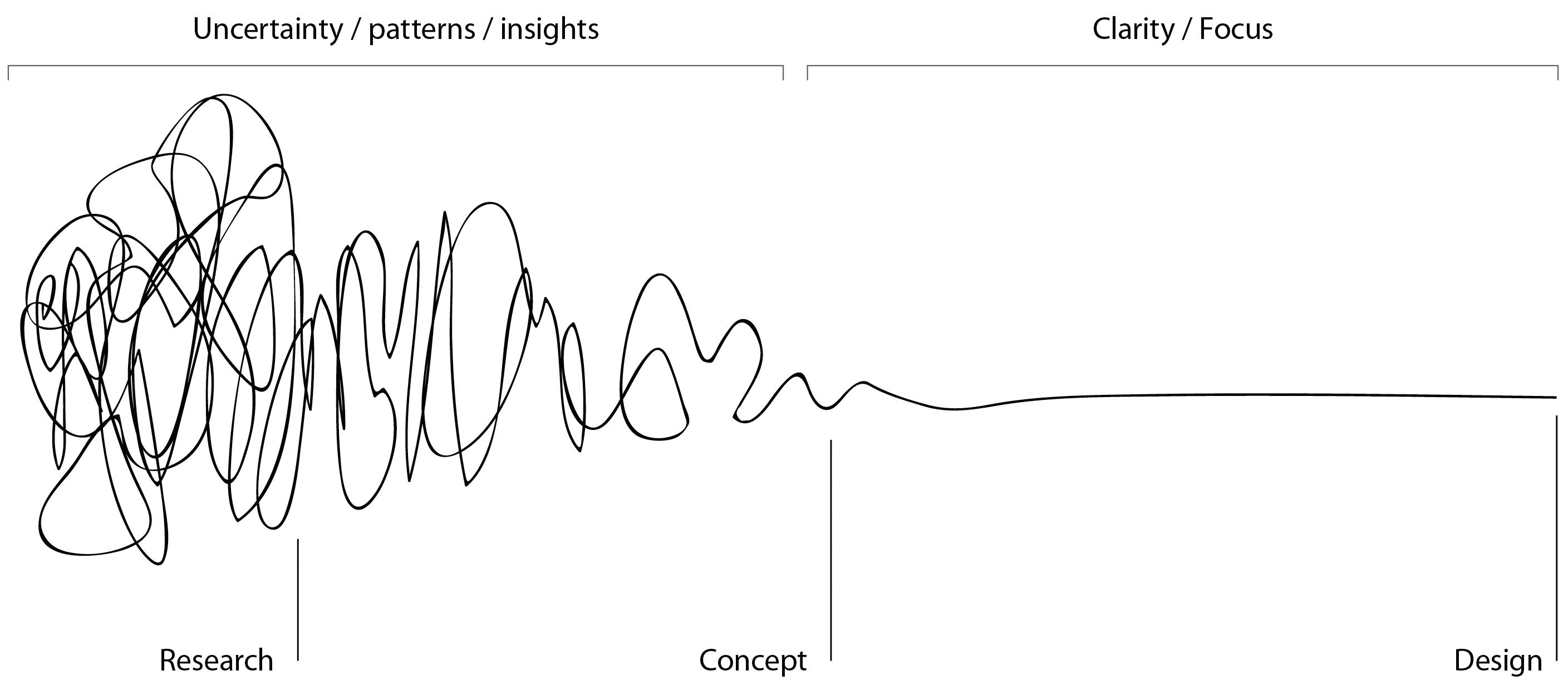WHY INDIGENOUS EPISTEMOLOGIES? Why Indigenous Epistemologies? Our worldviews influence our belief systems, our decision making, and our modes of problem solving. A worldview helps determine an epistemology. An epistemology, simple stated, is how a culture generates knowledge. How one creates knowledge determines morals, values, and ethics. For example, dominant Western epistemologies are based on linear, hierarchical, and discrete modes of thinking. These modes of thinking are the roots of such problems like scientific racism and colonization and leads to worldviews based in domination and competition. On the other hand, many Indigenous epistemologies are based on holistic, universal, and de-centralized modes of thinking. Indigenous world views have been rooted in systems perspectives for thousands of years. For example, in the Cree worldview, the human is not the centre of the system; the Cree recognize the interconnection of the four-legged beings, the winged ones, the water, the air, the cosmos, and the land with us, the two-legged.
What Indigenous epistemologies look like in action
While the Indigenous epistemological theory we engaged with was primarily Cree, it was not exclusively so. Edmonton is an urban centre with a long history of multiple nations co-existing. Our theory is rooted in Cree perspectives and our lab practical application explored Nakota Sioux practices and relationships, creating a rich engagement with multiple Indigenous worldviews. Therefore, our exploration is based on mutual shared knowledge and relationships. This knowledge is not owned by us, it cannot be replicated, and it most certainly is not meant to be applied wholesale to any other context. Engaging in multiple Indigenous epistemologies was enabled by relationships and as a consequence our methodology was grounded in relational accountability. For Indigenous worldviews, this means being accountable to all our relations and for the Shift Lab, this was a deep dive into discovering the relationship of being treaty relatives.
Indigenous epistemologies are based in: • Story-telling • Land-based practices • Customary law • Ceremonies • Languages • Connections to land, water, and cosmos Questions Indigenous epistemologies ask: • What relationships are existing here? • What are my obligations and responsibilities? • How is this problem connected to the world around us? • What legal traditions provide precedent here? • Whose territory am I on? • What languages are spoken here? • Who are all my relatives in this territory (two-leggeds, four-leggeds, winged ones) • What are the existing treaties in this territory?
31





















